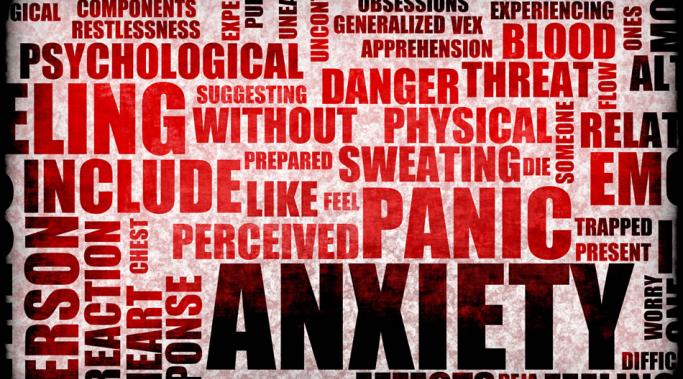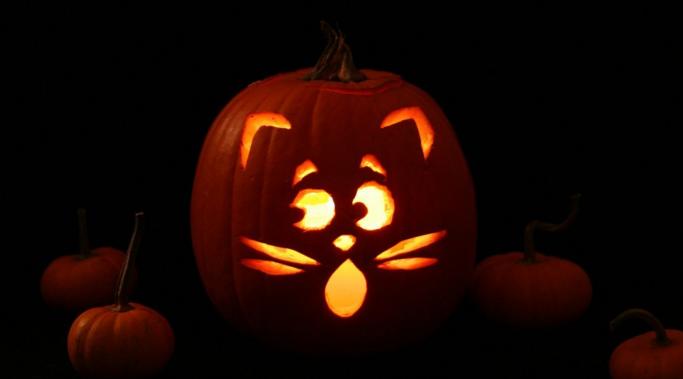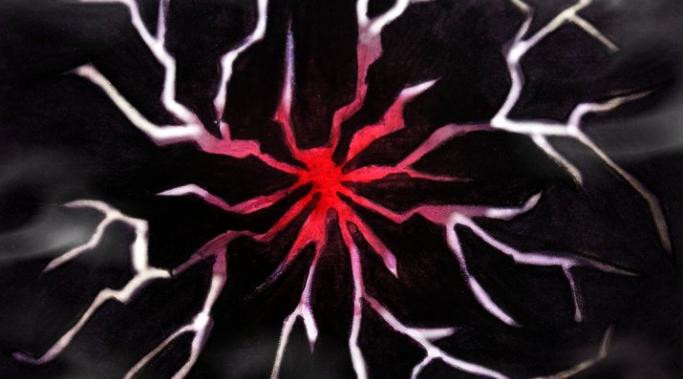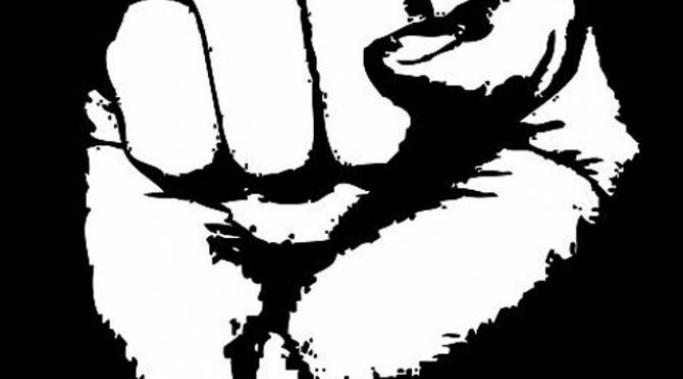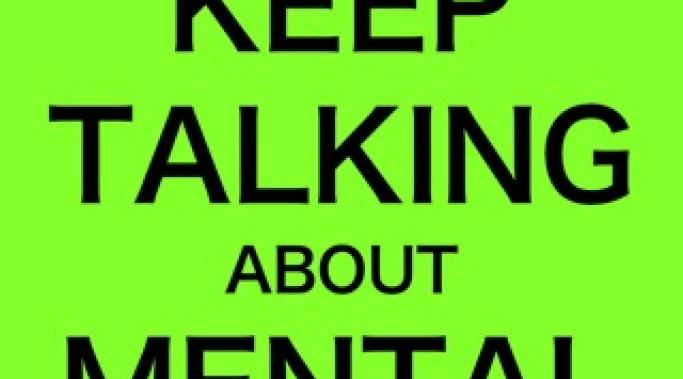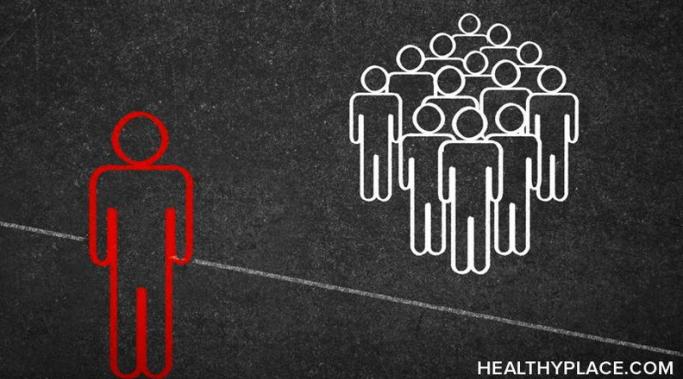Once upon a time, a woman confident upon the stage, attended a TEDx event. The woman wove her way through the crowd to find her seat and settled in. The speakers were engaging, the topics diverse and she sat at rapt attention. At the 1st break, the woman stepped out for fresh air. Except that it wasn't fresh and there was no air. Everyone else was taking all of the air. She found herself swallowed up in the crowd and each time she re-established her personal space, the school of fish moved in again like a moving wall. She spent every break wishing for a few moments of silence. Even going outside the building brought no piece, the fish simply found another route to the "food". The woman in this story is me and the story is about social anxiety, panic and the effects of PTSD (post-traumatic stress disorder) on the ability to persevere.
Posttramatic Stress Disorder
Halloween and Dia De Muertos (The Day of the Dead) can be child's play. Ghosts, goblins, superheroes, Disney princesses and more bring both smiles and horror. For those with a mental illness, PTSD or panic, Halloween can conjure up very intense negative responses.
Sometimes horror flickers on the TV screen or in the movie theater, sometimes horror is found behind a mask, sometimes it comes to visit wrapped in "Trick or Treat!" Potential triggers lurk everywhere: black cats, oversized spiders, masks, horror movies and even costumes that perpetuate mental health stigma, domestic violence and much more. Ahhh, the midnight hour.
PTSD triggers. For those of us with a mental health diagnosis (diagnoses), the definition of a trigger is far more than a level with a catch or means of releasing it. Triggers are a response to stimuli and a result of past trauma. PTSD triggers can include certain odors, a particular tone of voice, certain objects, places and so much more. The brain creates a physiological response: increased heart rate and respiration, sweating, a need to escape, a need for silence, sleeplessness, hyper vigilance and so much more. Responses to triggers are unique to each individual. No cookie cutter responses here!
We know that adjectives are descriptive. We welcome adjectives and what they have the power to do: paint a mental picture, create an emotional response, fill in the blanks when an explanation is needed and so much more. What about when a normally positive adjective is used to describe us? When can an adjective intended to be a positive become a negative and a label instead? Allow me to explain:
My goal for the Recovering from Mental Illness blog will be to discuss resilience, offer encouragement and share coping techniques I've found helpful in my own mental health recovery. I will also share my mental health challenges so that we can learn from one another.
I write a lot about depression and bipolar disorder in this blog. I also write other serious mental illnesses. Despite this, I don't believe I devote enough time---enough words---to other mental illnesses.
Counting Down: Five Mental Health Disorders Not Given Enough Attention
I can think of a handful of things that have caused me trauma in my life, but being diagnosed with a chronic mental illness, bipolar disorder, is at the top of the charts. Those of us who live with a mental illness understand trauma on a deep level. We experienced trauma before our diagnosis, once finding out, and when working to become well again.
